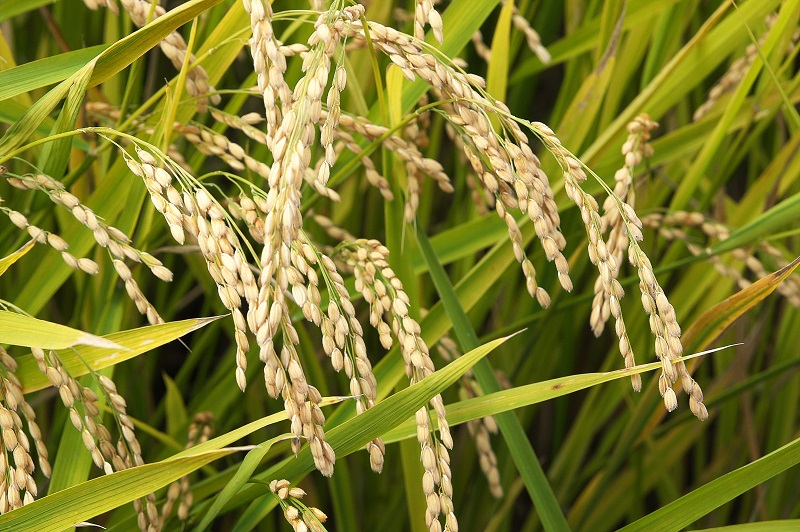
The aim of this project is to boost upland rice (Oryza sativa L.) yields in rainfed systems through adaptive management of nitrogen (N) and water for enhanced food and income security in Uganda.
The average rice farmer in Uganda harvests less than 1.0 t of grain yield per ha in uplands. Rice is an important source of nutrients, for example, amino acids, Zn, and Fe for people with special needs including women, youth, children, and those living with HIV. Success in rice production is a tale of several smallholder farmers who cultivate the crop on less than 1 acre with minimal external inputs and rely on rainfall. The current productivity levels cannot sustain the increasing domestic rice demand from a growing population and urban market. The production potential of the crop is primarily driven by rainfall and inherent soil fertility, especially nitrogen (N), but this is not adequately quantified from experiments and simulation studies. For agronomic practices to be efficient, they need to be site-specific and relevant to farmers’ conditions which are seldom in most efforts on boosting rice yields in smallholder farms.
The project envisions adaptive management of N and water among upland rice farmers to change the norm. Water conditions are seldom considered in managing N. First, the project will collect in-season biophysical data (weather, soil status, and crop growth) at a field scale in three major rice growing districts of Iganga, Bugiri, and Tororo in Eastern Uganda. Water and N dynamics will be monitored in host farmers’ fields using tools e.g. wetting front detectors and nitrate test strips. Second, the project will train different stakeholders on the use of soil water and N monitoring tools, data collection protocols, and rice agronomy. Engaging communities in the use of field tools and data collection in particular rainfall and wetting front fluxes advances sustainable research by minimising costs associated with field trips and future training. The project will build a database to support crop modeling studies and geospatial analysis, educate stakeholders on rice agronomy and impart skills on the use of tools for water and N management.
The team will comprise diverse expertise from WUN member universities in different continents and external partners: Makerere University (Uganda), University of Ghana (Ghana), University of Pretoria (South Africa), and Sheffield University (United Kingdom). B.Sc. final year undergraduate student, community-based organisations, farmers, and local government in project districts and will be engaged in various activities.
The project aims at strengthening partnerships between WUN member universities and external partners for sustainable development. Existing databases shall be used to advance the future research agenda beyond Uganda and develop new projects.